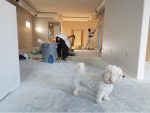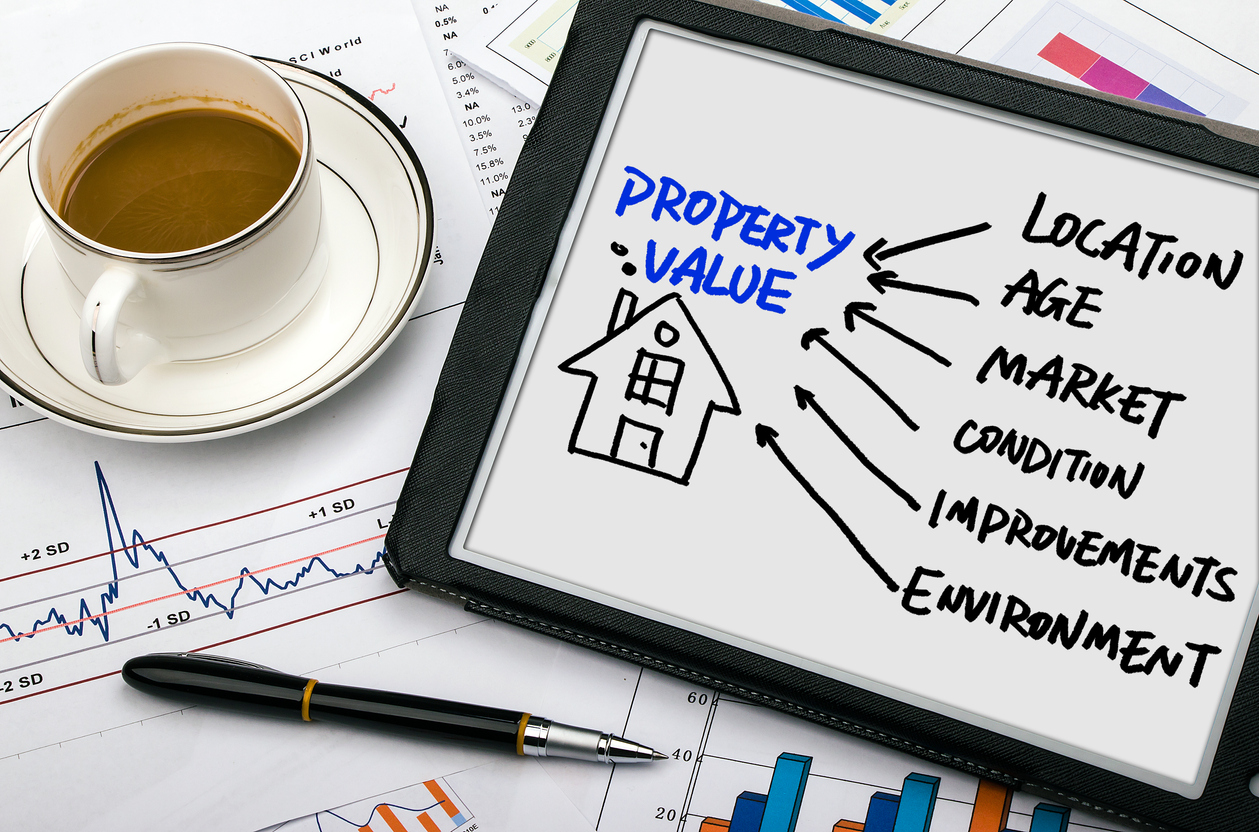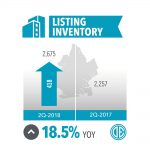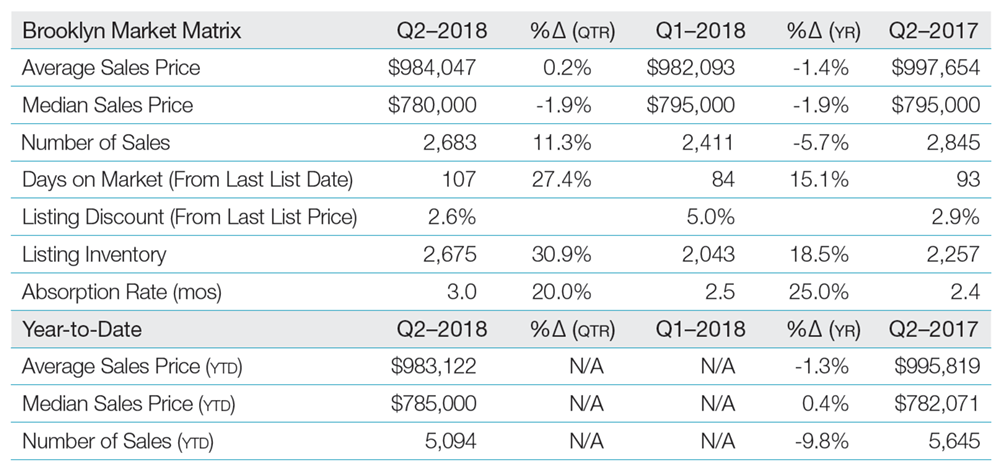Pandemic Renovation Trends

In the first days of the COVID-19 pandemic, economists predicted that the market for goods and services would grind to a halt for months or even years to come. However, in reality, the real estate market, including both the selling of homes and the improvement of existing properties, has grown in strength over the intervening months. Even for homeowners who aren’t thinking about selling, home renovation projects are experiencing unprecedented interest and generating robust economic activity.
Why is the pandemic driving home renovation?
From learning to make homemade baguettes to planting elaborate gardens, homeowners have responded to the pandemic in a variety of interesting ways. Why is home renovation one of the most popular responses to this time of uncertainty?
More time at home
One of the main reasons that home renovation is on the rise is the simple fact that people are becoming more aware day by day of the things that drive them crazy about their homes. In the first weeks, it was all about the squeaky door or the broken hinge. But with fewer outside distractions, and months of 24/7 time in the home with no end in sight, homeowners are finding that they just have to take care of some of their residential pet peeves.
Work from home and virtual classrooms
In terms of logistics, a home that normally accommodates a family for only a few hours each day has become a round-the-clock workplace, schoolroom, plus entertainment and recreation venue. That puts a lot of added pressure on the space to perform.
For dual-career couples, the need for two offices suitable for conference calls and Zoom meetings with appropriate levels of storage, comfort, and privacy is reason enough for a home renovation. Add in the need for a virtual classroom for the kids and you may be looking at either an addition, an ADU (accessory dwelling unit), or a major space reconfiguration.
More space-use versatility
In smaller homes, there’s a need for spaces to perform double-duty, with added flexibility and the ability to make a room work for the family’s changing needs. While wide-open floorplans have been popular for many households, families need spaces that can also accommodate the need for privacy, focus, and increased daily use. In addition, outdoor and bonus spaces are being put to work in order to expand the possibilities for each member of the family.
Top home renovation trends for 2020
When the COVID-19 pandemic first began, taking a call on the front lawn made for a fun change of pace. Now, however, people are beginning to settle in for the long haul and make changes to make their homes more functional for the new normal. Here are some of the trends that we’re seeing now—and that may be popular for the foreseeable future.
Healthier homes
According to the New York Times, designers and contractors are seeing demand for better ventilation and air quality, along with features like mudrooms to create a middle ground between the outside world and the home’s interior. These spaces are also convenient given the increasing popularity of home delivery of goods and services, providing a place to process packages while keeping the home cleaner.
Smarter homes
With more time at home comes the desire for smarter homes to facilitate everything from greener living to added amenities. Smart home integration in the kitchen is popular with newly motivated bakers looking to perfect their bread recipe, as well as harried parents doling out a quick snack during virtual preschool breaks. Proper installation and a fully integrated suite of services can add value to the home, both now and in the future when it’s time to sell.

Security and privacy
According to Contractor magazine, the demand for smart-home integrated security and monitoring was already on pace for 27 percent growth between 2017–2021. In addition, according to referral rate data supplied by Houzz, interest in fence installation and repair is up 166 percent. The increasing demand for security upgrades is motivated by a variety of factors, including more time at home and a greater need to supervise children while working.

Expanded outdoor spaces
According to CNBC, outdoor space renovations are up by 300 percent year over year as homeowners look for more living, dining, entertaining, and recreational space in their own backyards. Pool demand is on the rise as community and school sports continue to decline. New decks and new landscaping designs are popular, creating a variety of outdoor spaces for families to stay active and staycation.

Dual home offices
The need for dual home offices is one of the largest drivers of home renovation right now, with Houzz seeing requests for home extensions and additions up 52 percent year over year. On top of that, homeowners are looking for ways to accommodate increased high-speed internet access and implement soundproofing to make offices more private.
Space for another home office can come from a variety of places, including small bump-outs within a larger space, spare bedrooms, or even repurposing a walk-in closet. In addition, some homeowners are going further afield, converting small outbuildings or garage apartments into private spaces. Think about your home’s traffic patterns and look for those empty spaces that never get used. These may be likely candidates for a new home office.
As always, discuss home renovations with a real estate agent to find out what is popular in your area and what improvements have the potential to make your home more attractive to buyers down the road. In addition, a real estate agent or broker knows all of the best professionals in your area, from contractors to help you plan your renovation to lenders who’ll help you tap into your home’s equity to finance the work.

















